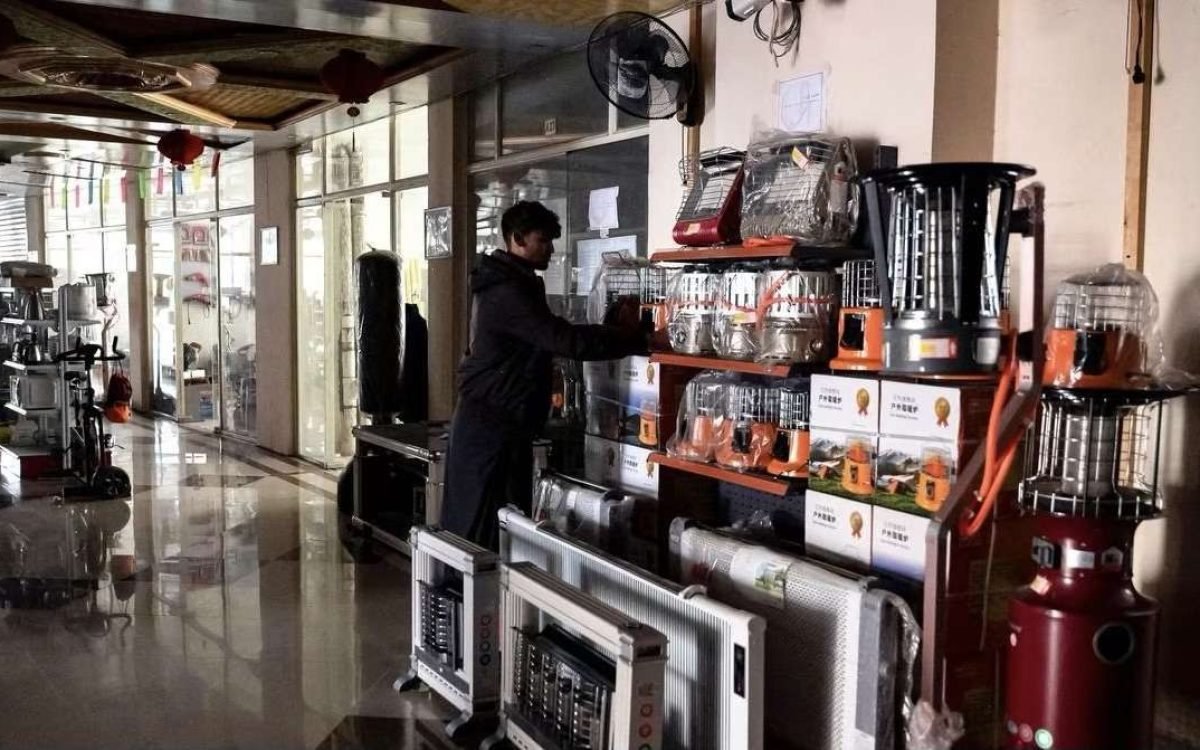“China’s Quiet Moves: Navigating Diplomacy and Investment in Afghanistan”
While many nations regard Afghanistan’s Taliban government with caution, China is taking a different approach, fostering diplomatic and economic ties that Kabul seems to appreciate. Despite being labeled a pariah by most, the Taliban-led Afghanistan is witnessing top-level meetings, new mineral deals, and enhanced transport routes with China. This diplomatic dance, downplayed by Beijing, conceals a growing relationship that holds mutual benefits for both parties.
China’s strategic moves in Afghanistan, despite global skepticism, are gradually solidifying. In September, China made history by appointing the first ambassador to Kabul after the Taliban’s takeover. The recent presentation of credentials by the Taliban government’s envoy to Chinese President Xi Jinping signals the deepening of this diplomatic engagement.
However, China carefully treads this path, avoiding official recognition of the Taliban government. This allows Beijing to maintain relations while aligning with the international community’s expectations regarding human rights and governance in Afghanistan. The unique Chinese strategy allows it to extend a hand to the Afghans without imposing conditions on issues like women’s rights.
The key motivator behind China’s interest in Afghanistan lies in the untapped mineral resources, including copper, lithium, and rare earths. Additionally, Afghanistan provides a potential market for Chinese goods. Bilateral discussions on projects like the Mes Aynak copper deposit and Sino-Afghan extraction in the Amu Basin underscore China’s economic pursuits in the region.
The construction of a 300-kilometer road connecting Badakhshan to the Chinese border and potential investments in solar energy showcase China’s broader vision. The development of trade links, especially through the China-Pakistan Economic Corridor, could integrate Afghanistan into China’s ambitious Belt and Road Initiative.
Despite these promising ventures, security remains a paramount concern for China. The deadly attack on a Kabul hotel housing Chinese nationals in 2022 prompted Beijing to urge the Taliban to enhance security measures. The Taliban’s assurances to prevent Afghan soil from being used for terrorist attacks are critical for maintaining this delicate partnership.
China’s involvement goes beyond economic interests; it extends humanitarian aid and subtly establishes its “soft power.” A modest “Chinatown” in Kabul symbolizes this growing influence. As Afghanistan navigates a complex geopolitical landscape, China’s unique approach could position it as a strategic partner in the region, benefiting both nations in unforeseen ways.









